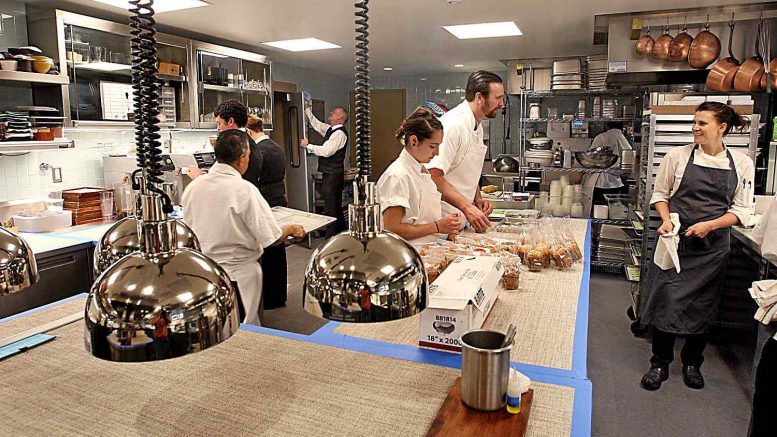Employees are used to being disciplined at work.
People who habitually arrive late for work each day are prime candidates and others who refuse to follow company policies can also end up in an employer’s cross hairs. But what about the things you do during your off-work hours? Can your employer discipline you for something you did while watching a baseball game — or while hanging out with friends?
The answer isn’t always black and white, and it depends largely on what you did.
When an employer wants to discipline or terminate an employee for something they did on their own time there generally has to be some relationship between the wrongful conduct and the employee’s job or their workplace.
If someone worked at a restaurant and decided to walk in front of the business during his off hours with a sign that said “The food here is full of poison,” chances are their employer could discipline or even fire them. But if the business had a no-smoking policy and that same employee was seen smoking in front of an office building a couple doors down after work the employer couldn’t take any action.
Some states, including California, have laws prohibiting employers from taking any job-related action against a worker based on that worker’s lawful conduct off the job.
One thing is clear: An employer’s right to monitor what you do off the job and make decisions based on that conduct is limited.
Employees of government and public entities have a constitutional right to privacy that protects them from most employer monitoring and from an employer inquiring about their off-the-job conduct. For that reason, public employees are largely protected from monitoring.
A number of laws prohibit employers from intruding into their employees’ lives outside of work.
Under the National Labor Relations Act, it’s illegal for an employer to monitor or conduct surveillance of employee union activities, including off-the-job meetings or gatherings. Employers are likewise barred from taking any action against an employee who uses medical marijuana, which is legal in California.
However, a 2008 California Supreme court ruling in Ross v. RagingWire concluded that a employer need not hire a job applicant who tested positive for marijuana even though the use was allowed under California’s medical marijuana law.
Employers are generally entitled to take action after learning of an employee’s conviction for illegal activity during off-work hours. But they still have to demonstrate that their decision or policy is job related and consistent with their business operations.
An employer would be entitled to look into the drunk driving arrest or conviction of a company bus driver, for example, or the conviction of a bank employee who embezzled money.
Some might think employers are anxious to penalize workers for after-hours activity. But that’s not necessarily the case in California.
“It’s just the opposite here because of the way the laws are in California,” said Rob Lapsley, president of the California Business Roundtable. “Employers tread very, very carefully on anything dealing with employees and any potential exposure to wrongdoing. The laws are so slanted toward litigation with trial attorneys, so it would have to be a very grievous issue that would directly impact the company or the reputation of the company.”
Lapsley said California is the top state in the nation for class-action lawsuits.
“People come from other states to file here,” he said. “We are a state that has incredible litigation costs for employers.”
Lapsley said Private Attorneys General Act (PAGA) claims are also on the rise.
“This whole litigation piece has become a crisis,” he said. “Companies are getting sued for wrong information on employee pay stubs — even if it was a mistake. A pay stub might have the wrong number of hours worked or it may not have the employee’s name written correctly. Employees are successfully suing for things like this.”
Source: www.sgvtribune.com





Be the first to comment on "Can Your Boss Discipline You for Something You Did During Off-Work Hours?"